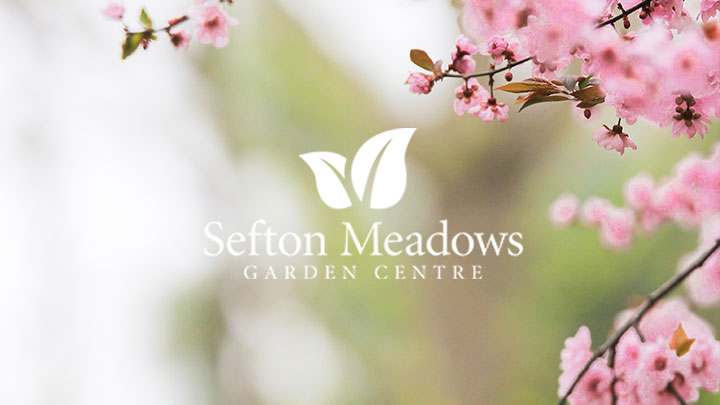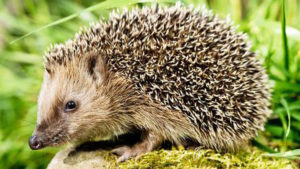
The bee population worldwide has been falling rapidly over the last few years, and that’s a problem. It’s actually surprising how important these tiny insects are to the natural environment and our own lives. It’s thought that the pollination provided by bees affects up to a third of the food we eat every day. Apples, broccoli, sunflowers, coffee and cocoa beans may not exist without bees. Neither would many of the crops grown to sustain cows and other livestock, seriously affecting another part of our traditional diets.
If a small insect can have such a big impact on the natural world, then it should only take small changes to aid them. With that in mind, here are a few easy things you can do in your garden to encourage the bee population to thrive again.
1 – Plant More
The first step is simple, and a great way to bring more vibrance and beauty to the garden. More flowers = more pollen = more tasty bee food. The British Beekeepers Association (BBKA) have a list of the most nectar-heavy plants that will provide bees with the most sustenance, including information on their flowering periods and the best times to plant them. But really any flowering plant will be at least a little effective, so why not plant a bit of everything and fill your garden with beautiful colours. Or try planting some fruit trees – Apples, cherries, pears, peaches and plums all grow from great sources of nectar; providing delicious food both for bees and for you.
2 – Let Part of Your Garden Grow Wild
This is even simpler, as it basically requires that you do nothing at all. Long grass, wild hedges and undisturbed compost heaps make brilliant nesting sites for a natural hive. Pick a corner of your garden to leave alone and watch nature take over.
3 – Create A Bee Hotel
Bee hotels are easy to make, and extremely effective in providing a protective nest for bees to survive the colder months. Essentially all you need is an open sided wooden box, preferably one with a slanted “roof” for rain to run off, and a collection of cardboard or wooden tubes. Simply seal one end of each tube and stack them together in the box, as seen in the image above. Place the bee hotel with the front “entrance” somewhere protected from rain, in full sunlight and unobscured by plantlife or other obstacles. Cardboard tubes will need to be replaced if they get damp or start to disintegrate, so keep an eye on them. The tubes will act as protective tunnels for bees to crawl in to and build nests.
For a more robust bee hotel try replacing the tubes with logs or wooden blocks, with holes of varying diameters between 2mm and 10mm drilled in to them to act as the tunnels. Or simply purchase a bee log – a ready made hanging home for bees to nest in.
4 – Avoid Pesticides
It may sound obvious, but one of the most effective ways to help the bee population is to refrain from spraying insect repellents and weed killers over a garden. Pesticides are one of the leading widespread killers of wild bees, so it’s worth taking a moment to consider this before spraying down your flowerbeds. When it comes to pesticides: only spray if you have to, try not to spray anywhere you’ve seen wild bees visit, and avoid pesticides labelled “harmful” or “dangerous”. Remember: bees do much more good than harm, and should not be considered a “pest”.
5 – Become a Beekeeper
A great way to pick up a new hobby and help our buzzing friends is to start beekeeping in your own garden. Beekeeping at home grants you a great supply of pollinators to help your garden out, as well as providing you with your own supply of delicious, healthy honey! If you grow fruit and vegetables, bees will help you to produce even greater yield, and beekeeping will allow you to do your part to help the global bee population. The British Beekeepers Association has a great website with news and even helpful articles to get you started, and will even allow you to become a member yourself


